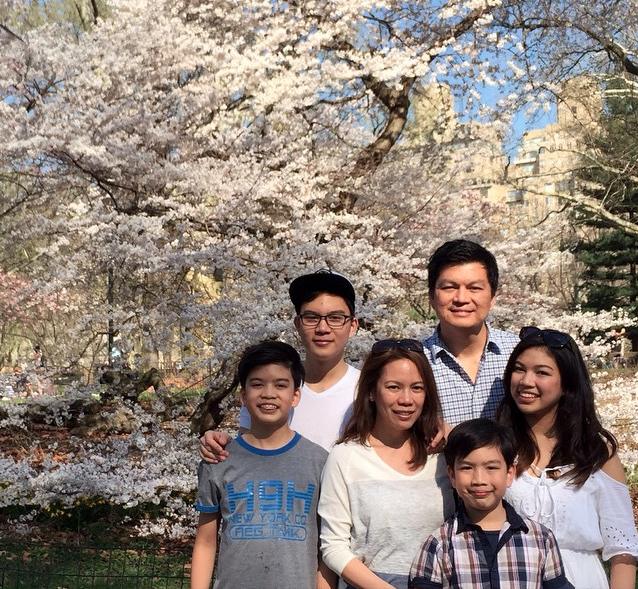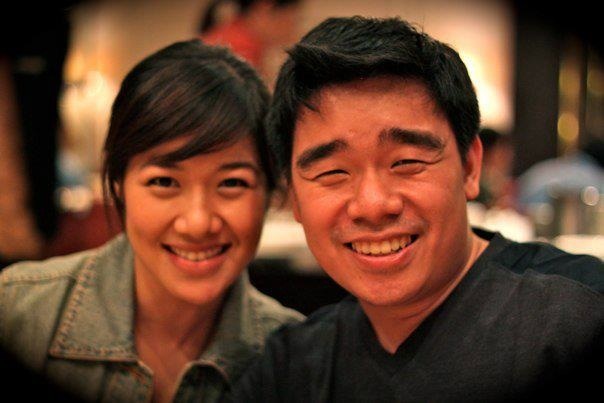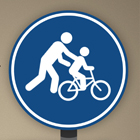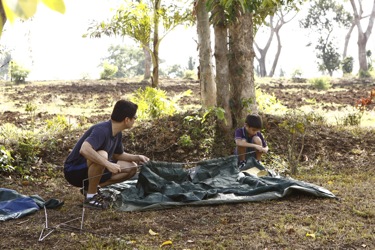The next generation in the Philippines has recently been a key topic in the news due to government efforts to address early pregnancy. The Philippine Statistics Authority reports that live births among girls under 15 years old rose from 2,411 in 2019 to 3,343 in 2023—a 6.6 percent increase. To address this concern, the Senate Committee on Women, Children, Family Relations and Gender Equality, pushed forward the passage of Senate Bill 1979 also known as the “Prevention of Adolescent Pregnancy Act of 2023.”
Under SB 1979, “Comprehensive Sexuality Education (CSE) shall be a compulsory part of education, integrated at all levels with the end goal of normalizing discussions about adolescent sexuality and reproductive health, and removing stigma at all levels.” Concerns have been raised about the inclusion of CSE in the curriculum, sparking debates on age-appropriateness, moral values, and parental guidance. Critics worry that the curriculum may introduce sensitive topics too early, clash with religious or traditional values, and reduce parental involvement in guiding their children. There is also concern that the bill’s broad language might lead to misinterpretation or improper implementation in schools. Some fear that the focus on sexual rights could overshadow personal responsibility and the emotional aspects of relationships. Others argue that the bill does not align with the country’s cultural context. Supporters, however, believe it could promote sexual health, informed decision-making, and reduce stigma. Consequently, an amended version of the proposed legislation has been filed.
Though the government is responsible for providing interventions to address this serious concern, we reason from scripture that the primary role in raising children belongs to the parents as seen in Proverbs 22:6: “Train up a child in the way he should go; even when he is old he will not depart from it.” In the same way, Psalm 127 talks about how like arrows in the hand of a warrior are the children of one’s youth. While it takes time to craft an arrow and launch it, there is something that we can do to raise, train, hone, and shape the future of every young person in our own homes.
Faith and moral development rest in the family, and as a church, we have a timely opportunity to stand together and strengthen our partnership with parents to protect the next generation. The spiritual family can serve as an extension of the family God designed it to be. Deuteronomy 6:8-10 exhorts families to diligently teach their children and their children’s children to keep God’s statutes and commands in their hearts and ways.
Prayer Points:
- Pray for divine protection over the next generation against sexual immorality and the schemes of the enemy such as temptation, abuse, illness (physical, emotional, and mental), and any other dangers that might threaten their well-being. Pray also that young people will choose to pursue righteousness and be good examples in speech, conduct, love, faith, and purity.
- Pray for every family to be Christ-centered and for parents to actively shepherd their children, establishing a culture of discipleship at home.
- Pray for the Body of Christ and our church to build strong partnerships with the government in creating effective campaigns and rolling out sustainable programs that will strengthen families and bring proper guidance to children. Pray also for our campus missionaries as they carry the light of the gospel to every campus, student, and family. May they disciple the next generation with a sense of urgency.
- Pray for the government and lawmakers to move in unity, set aside personal interests, and implement laws and programs that align with biblical principles.
- Pray that campuses will be places of refuge, learning, and growth for young people. Pray also that teachers will provide a safe space for their students and educate them academically and spiritually.
To learn more about the current situation in our nation, you may read through these resources:
https://www.pna.gov.ph/articles/1241871
https://www.pna.gov.ph/articles/1241870
https://www.pna.gov.ph/articles/1242419
https://newsinfo.inquirer.net/2026265/deped-to-review-sex-education-program




 Last month, after weeks of waiting and praying, my test results finally came out negative. My father, mother, and 10-year-old sister also tested negative after several swab tests. They came home for the first time, and we celebrated Mother’s Day together. Several weeks later, my two other siblings were also sent home after having been cleared from the disease. It was such a sweet moment for us.
Last month, after weeks of waiting and praying, my test results finally came out negative. My father, mother, and 10-year-old sister also tested negative after several swab tests. They came home for the first time, and we celebrated Mother’s Day together. Several weeks later, my two other siblings were also sent home after having been cleared from the disease. It was such a sweet moment for us.







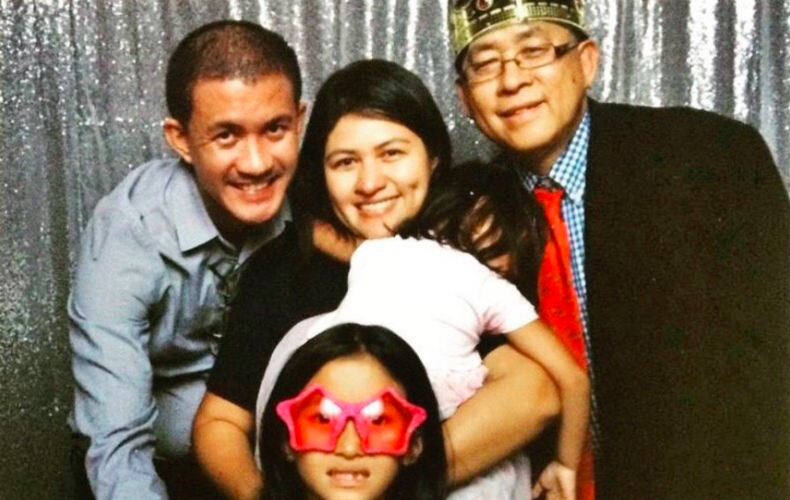
 During our brief stay in the US, God made a way for me and my father to have a heart-to-heart talk. He said sorry, and we both cried. I learned about what had happened when he left us, and hearing everything straight from him somehow pieced together the puzzle in my head.
During our brief stay in the US, God made a way for me and my father to have a heart-to-heart talk. He said sorry, and we both cried. I learned about what had happened when he left us, and hearing everything straight from him somehow pieced together the puzzle in my head.

 year. They welcomed a bouncing baby boy to their family in August.
year. They welcomed a bouncing baby boy to their family in August.


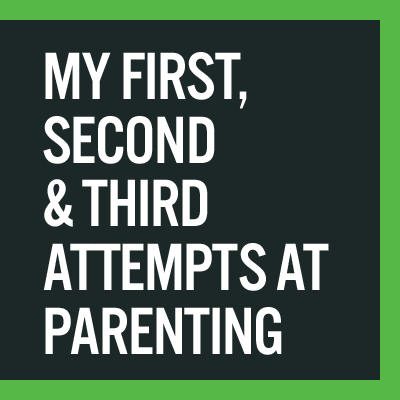
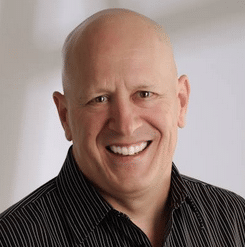
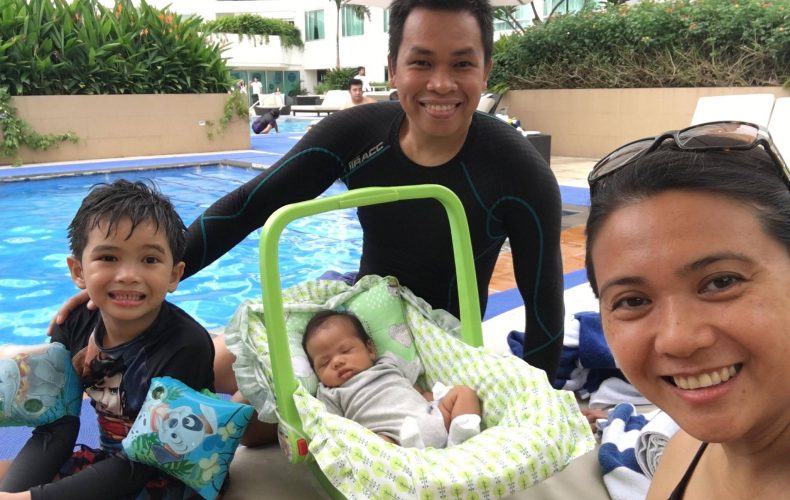
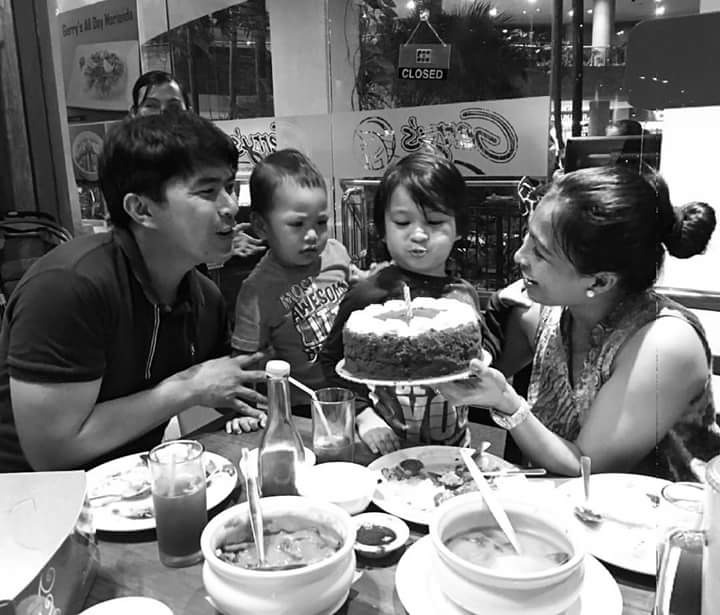

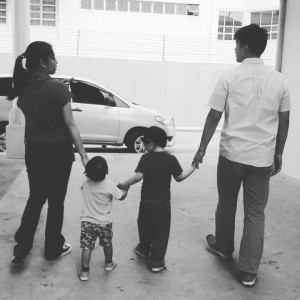
 rue enough, last Prayer and Fasting week, Normi saw God’s hand fulfill her simple request. With all the household chores she faces everyday, she wanted an automatic washing machine, so she can multitask better. It was something she wanted since last year, but they didn’t have the extra funds for it. “I wrote it down as one of my faith goals,” she reveals, “It sounds so shallow, but it was so important to me!”
rue enough, last Prayer and Fasting week, Normi saw God’s hand fulfill her simple request. With all the household chores she faces everyday, she wanted an automatic washing machine, so she can multitask better. It was something she wanted since last year, but they didn’t have the extra funds for it. “I wrote it down as one of my faith goals,” she reveals, “It sounds so shallow, but it was so important to me!”


 It was during that outreach event and after undergoing ONE 2 ONE when God prodded her out of her hiding and broke down her walls. “I don’t have a mask anymore to cover my shame. I have Jesus,” Clare declares. Now armed with the love of God, she was able to extend forgiveness and reconciliation to her father.
It was during that outreach event and after undergoing ONE 2 ONE when God prodded her out of her hiding and broke down her walls. “I don’t have a mask anymore to cover my shame. I have Jesus,” Clare declares. Now armed with the love of God, she was able to extend forgiveness and reconciliation to her father. 
